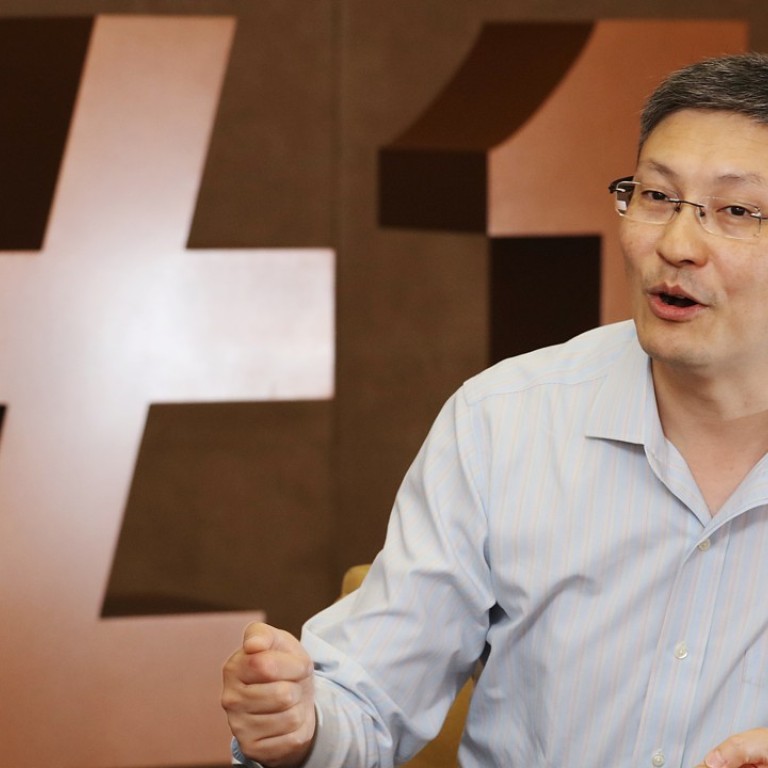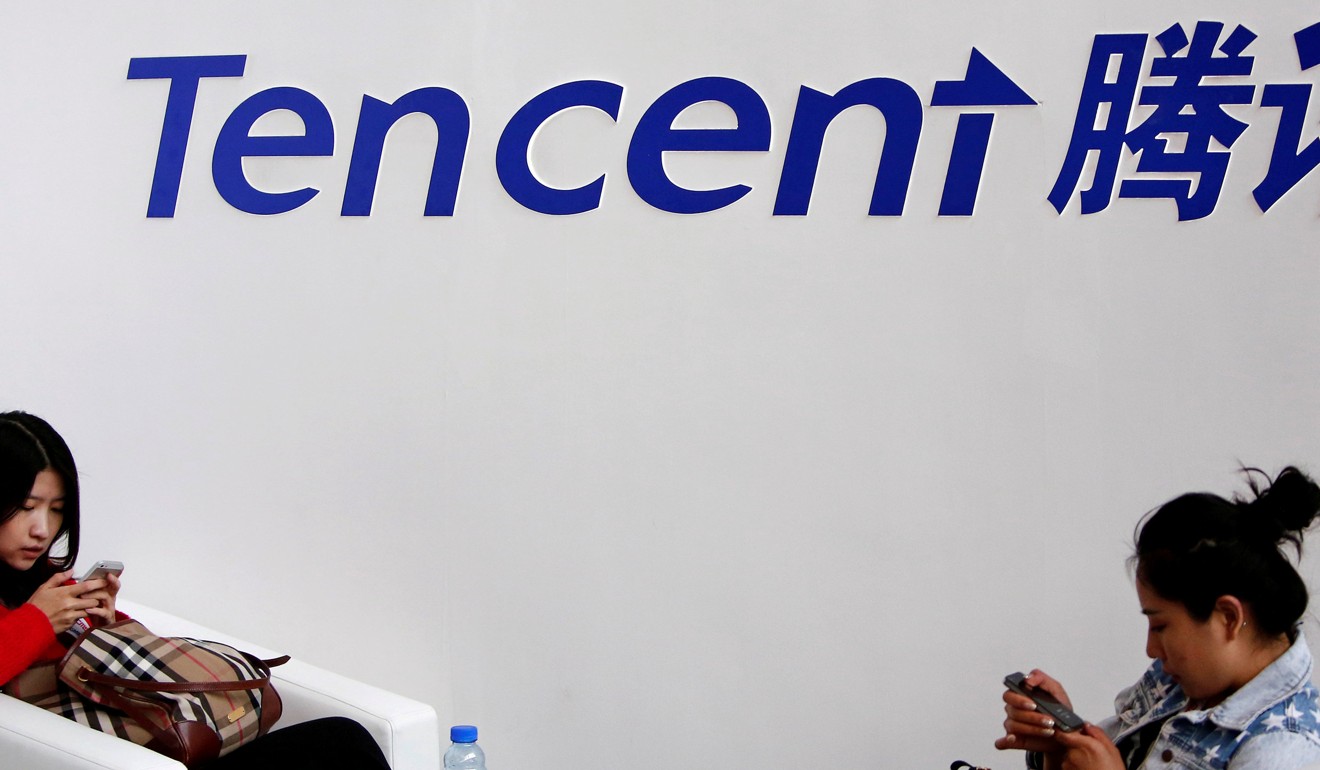
How Tencent CFO John Lo picked up valuable skills from a top Hong Kong-based MBA course
World’s best MBA programme is a joint course involving local university, and counts other business elites as alumni
It was a top-ranked MBA course based in Hong Kong that inspired management and business strategies at Chinese tech giant Tencent, the company’s chief financial officer said on Monday.
In 2009, John Lo Shek-hon graduated from an Executive MBA programme jointly organised by the Hong Kong University of Science and Technology and the Kellogg School of Management at Northwestern University in Illinois. Eight years on, the course is still going strong.
On Monday it was ranked first in a list of the top 100 Executive MBA programmes in the world, compiled by the Financial Times.
The best two business school programmes in the world are based in Hong Kong, according to the Financial Times
It was the eighth time the 19-year-old programme claimed the top spot since its entry into the rankings in 2005.
“All parts of our company must adapt swiftly in the fast-developing industry of technology and the internet. That’s why the forward-thinking concept I learned from the programme is important,” Lo said, when asked how the course contributed to his daily management of the Hong Kong-listed conglomerate.

As trading closed on Monday, the market value of Tencent stood at more than HK$3.3 trillion.
According to Lo, the skills in planning ahead, which he picked up from the programme, led to the company’s first issuance of dollar bonds in 2011 – part of the infrastructure built to prepare Tencent for future developments. The company raised US$600 million from the move.
“Changes may not take place now but our chance of success depends on how fast we can react when they happen,” Lo said.
He was promoted to vice-president and deputy chief financial officer of Tencent soon after he enrolled in the MBA programme in 2008.
An accountant at PricewaterhouseCoopers for more than a decade before joining Tencent in 2004, Lo needed soft skills in management for his new position.
“So I adopted the most efficient approach to learning – apply the skills I learned in class to my work,” Lo said.
Tencent’s online publishing unit posts US$32 million first-half profit after passing listing hearing
Another takeaway from the programme for Lo resulted in the creation of a mobile app which digitised transport claims for more than 40,000 employees.
According to Lo, the app works by consolidating real-time itinerary details of staff on business trips, and paying for expenses directly.
Employees can also make early claims by uploading photos of tickets and invoices with their phones and submitting the hard copies later if necessary.
“We have heard many needs and ideas from top to bottom on our open day for staff, including complaints about the reimbursement process,” Lo said.
The idea of engaging employees at all levels came from the experience of elite managers working on group projects during the programme – an aspect Lo found most interesting.
“The project made the top decision-makers of big corporations learn to compromise, collaborate and support each other,” Lo said.
Lo’s peers in the programme included Marco Pozzo, then the Greater China chief operation officer of Ermenegildo Zegna and now chief executive officer of Alessi, Edwin Morris, then financial controller of Swire Properties and now chief financial officer of Asia Miles, and Ni Quiaque Lai, chief operating officer of Hong Kong Broadband.
“Successful entrepreneurs keep learning from each other,” Lo said.
He is set to arrange a second visit to Tencent’s headquarters in Shenzhen for his fellow alumni.

